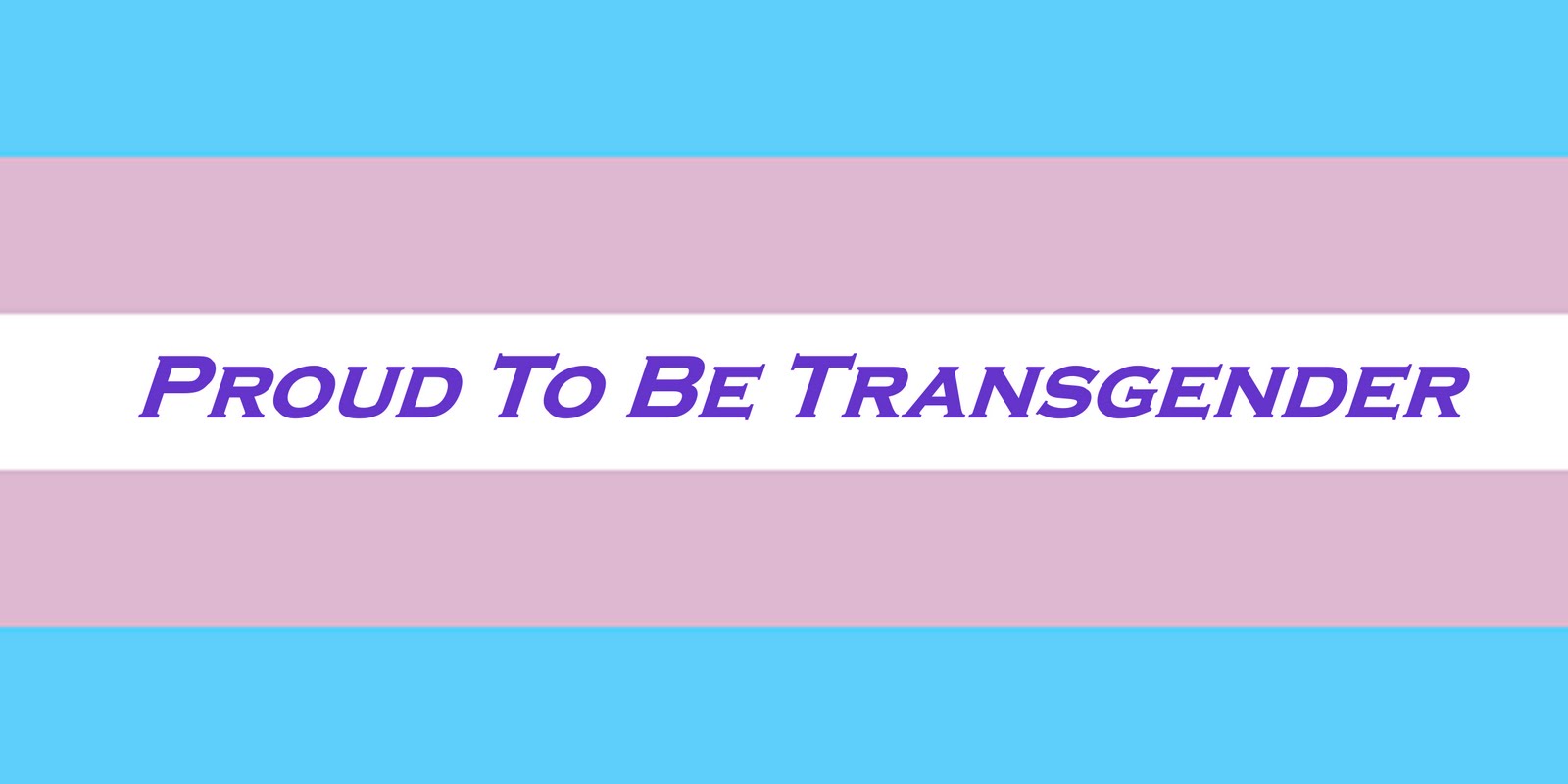The following guidance is reproduced under permission by the Audre Lorde Project and was compiled by members of the trans and gender nonconforming communities.
________________________________________
- Don’t assume someone’s gender identity.
- We are not “transgenders”. Try just saying “transgender people”, “the trans community”.
- Don’t ask are you a “he” or a “she”, or are you a man or a woman. This is not a respectful way to ask someone’s pronouns. It is a dehumanizing way of asking how someone identifies. Asking someone you are not familiar with, the respectful ways to refer to them, is OK. Asking for your own personal purposes because you are curious or confused may be a selfish reason and makes someone define their identity for you without having a real reason as to why.
- If you are “confused” about what pronoun to use, either use the person’s name as a pronoun or ask someone close to them if they know what pronouns this person may prefer. If that’s not possible, you should ask, “What pronouns do you prefer to use?”
- Don’t trip up on pronouns. If you mess up, simply correct yourself and go on. Ma king a big deal each time can put us on the spot or be embarrassing.

- For group leaders, start doing PGPs (preferred gender pronouns) in your go-arounds or as part of your check-ins. Preferred Gender Pronouns (check-in example name, preferred gender pronoun, and how you’re doing etc.) is becoming more and more common these days and it helps people feel more comfortable.
- Do use appropriate pronouns before someone else potentially messes up, especially if there was not an opportunity for a trans person you are with, who you know wants to use a certain pronoun i n that particular space. This may not always be necessary.
- Don’t glamorize someone’s gender identity or think “it’s cool” or say that you’re “into it”.
- Do read/learn the difference between: transgender, transsexual, gender vs sex, binary gender, passing, transitioning, binding, tucking, packing/stuffing, third genders, drag queens/kings, androgyny, butch, femme, cross-dressing, boi, MtF, FtM, trannyboys, boydykes, transfags, etc.
- Do learn about transitions, surgery and hormones. Self-educate as much as you can.
- Don’t just name yourself a “trans ally” one day. It takes work to be an ally and is a continuing process which includes being challenged and a commitment to growth that is for the purposes of helping a community and/or people in your lives.
- Realize that some of us have struggled with our gender identity for a long time. Don’t think that we just woke up one day and decided that we would identify as transgender. So when we finally find a space that we’re comfortable in (even if temporarily), don’t co-opt that space or try to make it yours, too.
- Don’t say things like: “But you look like a woman!” or “But I’ve always known you as a man.” or “But you made such a good/attractive woman.” Comments like these make people feel bad.
- Confidentiality, Disclosure and “Outing” – Some trans people “pass” and some do not. Knowing a trans person’s status is personal information and up to them to share with others. Gwen Araujo and Brandon Teena were both murdered when other people revealed their trans status. Others routinely lose housing, jobs, and friends. Do not casually share this information, or “gossip” about a person you know or think is trans.

- Don’t assume that trans people are playing into gender stereotypes (not all trans people are “trying to break gender norms and stereotypes). For many of us this is our identity, for some of us we may want to “pass” for reasons that often include safety or being able to walk down the street without getting made fun of, or buy bread without having cashiers stare at our bodies trying to figure out “what” we are. Do not judge us for the ways in which we may attempt to “pass.” Queer theory often does not take i n to account daily life or low-income trans people of color and those same judgments are not usually put on non-trans people; which in itself makes it a form of transphobia.
- Know the fear of not being able to determine when you pass, the fear of being arrested/strip searched/thrown in the wrong holding cell, the threat of violence, and the annoyance of having to “come out” about your gender identity constantly, etc.
- Understand the privilege of feeling at home in your body, using a public bath room, knowing which M/F box to check, having people assume you r gender identity and them being right, etc.
- Recognize how class and race fit into these equations.
- Recognize and respect someone’s gender identity regardless of whether or not they chose to have surgery or take hormones.
- Don’t ask us how we have sex.
- Don’t think that FtM are dealing with some kind of internalized sexism.
- Learn the difference between gender and sexual identity.
- Don’t think all trans people have the same experiences.
- Don’t think we are a “recent emergence”; we have always been here. It just happens that, recently, it’s been i n the media more than ever.
- Realize that there are a variety of trans/gender expressions. Don’t assume that people should express their gender similarly just because they both identify as transgender.
- Think about the language you use to differentiate between trans and non-trans people and if it’s even necessary to differentiate.
- Don’t assume FtMs are “better” than other men or MtFs are not “as good” as other women, especially in terms of sexism.
- Be sensitive to pronouns you use for someone when dealing with authority, police, and medical officials. Keep in mind that people’s pronouns/gender identity may not always match up with their ID, which could be dangerous for them. Ask your friends what you should do to be an ally in those moments before it happens.
- When asking questions, separate your questions into what you need to know, what would be nice to know, and what you’d like to know for more personal reasons. Depending on the situation, like close friends or a workshop where someone has said they are willing to take questions for example, ask what you need to know, may be the same for what it would be nice to know when talking to people you have good relationships with. Google everything else.
Do you like this post?
